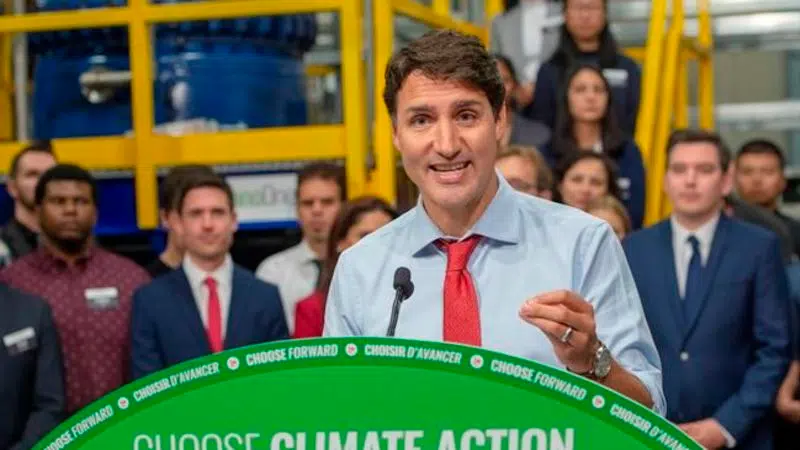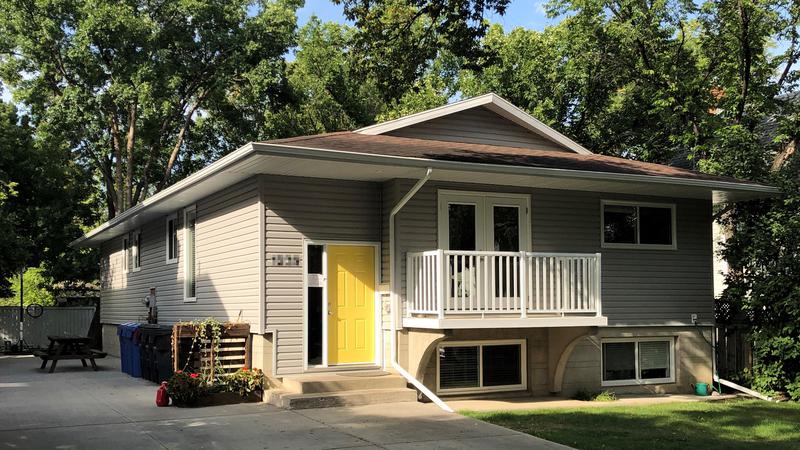
Parties’ climate platforms stepping out in midst of global climate week
OTTAWA — Some environment leaders are applauding Tuesday’s pledge by Liberal Leader Justin Trudeau to accelerate Canada’s plans to cut greenhouse-gas emissions but many in the youth climate-strike movement say his words mean nothing as long as he intends to pump more oil out of Alberta.
The Liberals are the last major party to unveil a climate platform for this election, having relied until now on their climate policies of the last four years. The Liberals chose this week to start upping their climate game because of the United Nations climate summit in New York Monday, and planned climate strikes in Canada this Friday.
Trudeau’s first move was to set new climate targets, promising that under his leadership, by 2050 Canada will absorb greenhouse gases equal to those it produces. On the route to that, he said he will legislate five-year targets, and introduce policies to exceed Canada’s current target of cutting emissions to 70 per cent of what they were in 2005 by 2030.
“Canadians need a government that will wake up every morning focused on fighting climate change and committed to a better economic future for everyone,” he said.


